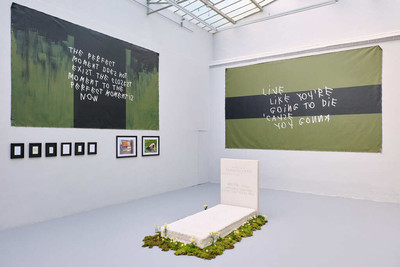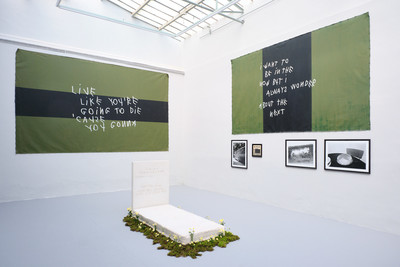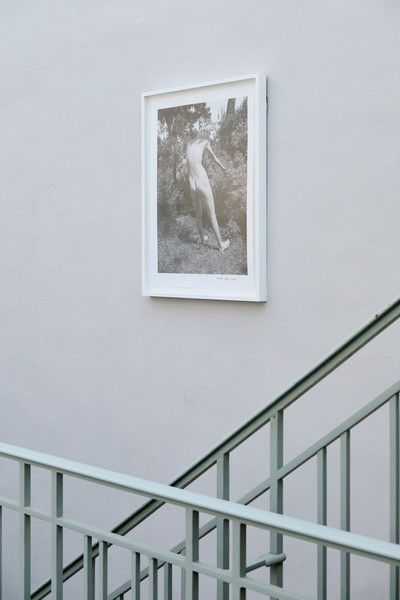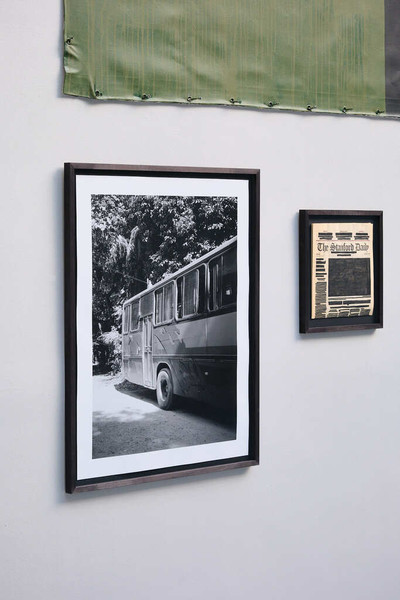Coco Capitán
In Memento Mori, Coco Capitán explores the transient nature of life, drawing inspiration from the ancient concept of “memento mori,” a reminder of death’s inevitability. An attempt to shift the narrative around mortality, turning the awareness of death into a means of inspiring a more mindful, present approach to life, for living fully in the now.
Often perceived as a source of fear, death is reimagined by Capitán as a motivator—a force that heightens the awareness of life’s fragility and value. The series encourages reflection on the notion that by accepting our eventual end, we are better equipped to live with intention and to appreciate the fleeting moments that often pass unnoticed.
Through visual allegories, Capitán invites viewers to contemplate not only the impermanence of life but also the opportunity this realization presents. Rather than focusing on despair, the work celebrates the beauty of life’s brevity and the empowerment that comes from embracing it. Memento Mori offers death not as a conclusion, but as a powerful reminder to fully engage with the present. ‘In remembering our mortality – Capitán suggests, we rediscover the profound meaning of living.’
As a central piece, Capitán presents a sculptural work depicting her own tombstone, reimagined in the form of a mattress symbolizing eternal rest. This striking piece reflects the theme of mortality, merging the everyday object with the concept of finality.
‘I wanted to be reminded of my own death to free myself from fear. By building my own tombstone I was able to have my end present and remind myself of the preciousness of life. Regardless of the journey, my transition through life will not that different from any other life: sometimes enjoying the experience of living, sometimes striking to survive and remain alive.’
The artist reflects on the sense that her generation seems to have lost touch with its own mortality. The constant drive for achievement and consumption fosters an illusion of endless life, masking the reality that our time is finite. Capitán suggests that instead of fixating on accomplishments, we should focus on truly experiencing life. ‘In the end, it is not our achievements that will hold meaning, but whether we have fully embraced the potential of living and found joy in the present.’
A series of photographs depicting various miscellaneous scenes – from a birthday cake to a bus in an unlikely landscape (black and white gelatine silver prints and colour c-types both handprinted by the artist) appear as moments suspended in time, accompanied by a collection of quotes—some displayed at billboard scale, others scribbled on scraps of paper. The artist refers to these elements as “memorabilia,” fragments of personal memories she wishes to preserve, traces of moments from her life. ‘These are the bits of life I truly aim to collect. When I am close to death, I don’t think I will be thinking how good were my grades at University nor how much money I was able to make, but rather: how beautifully the light fell over the trees at the end of a summer day, how precious the words of a friend felt, how nice it felt to rest my brush against the canvas, how satisfying was to print that photograph and see my own memory transformed into a reflection in a piece of photographic paper, how nice it was to be alive and truly living’.





